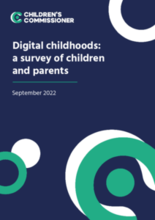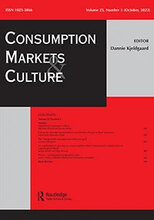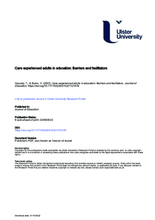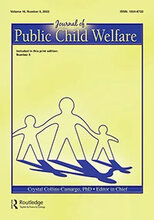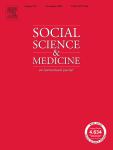Displaying 1351 - 1360 of 14347
This paper aims to enable policy makers, civil society and advocacy groups to better articulate the value of the social service workforce in health systems through a presentation of the latest evidence on social service workforce roles, functions and promising practice models, and related influence on health outcomes and costs. Based on interviews, research and data from a range of countries, it outlines key challenges, opportunities and recommendations around effective and sustained deployment of the social service workforce when located in or linked to health facilities.
Although care reform is well established in some parts of the Eastern and Southern Africa, many countries in the region are just beginning their care reform journey. This short paper is aimed at these contexts. It explains what care reform is, the different components of care reform, why care reform is important and how to start a care reform process.
Key lessons learnt on how to carry out effective care reform in Eastern and Southern Africa from the COVID 19 pandemic.
This report aims to understand digital childhoods, and what can be achieved through the Online Safety Bill to protect children online. The Children’s Commissioner’s Office (CCo) commissioned a survey of 2,005 children aged 8-17 and their parents. This survey is nationally representative of children in England, by age, gender and region. All statistics mentioned in this report are from this survey.
The aim of this study was to investigate (a) the extent to which child maltreatment co-occurs with parental separation and (b) associations between different types of child maltreatment and various types of separation-associated interparental conflict. This cross-national comparative study on family dynamics was based on National survey data of the US, Russia and 17 European countries indicates that in these countries 10–44% of the couples with children had separated before one of their children reached the age of 15 years.
This paper examines the understanding of poverty emerging in voluntourists’ accounts of their first-hand experiences of poverty alleviation. Based on the ethnography of an orphanage in Nepal, the authors show that despite voluntourists’ good intentions and even (self-)criticism of the volunteer tourism approach to poverty relief, their accounts tend to consolidate rather regressive ideas about poverty.
This U.K.-based study explored the life experiences of care experienced adults in higher education to understand the factors that impeded or enhanced their journeys.
This paper reviews the range of factors state legislation includes in the U.S., reviews scant existing literature on how termination of parental rights (TPRs) may effect youth, and proposes several options for ways that unproductive TPRs can be reduced, and timely reinstatements increased.
Most residential children's social care services in England, including children's homes, are operated by for-profit companies, but the implications of this development are not well understood. This paper aims to address this gap by undertaking the first longitudinal and comprehensive evaluation of the associations between for-profit outsourcing and quality of service provision among English local authorities and children's homes.
COVID-19 led to widespread disruption of services that promote family well-being. Families impacted most were those already experiencing disparities due to structural and systemic barriers. Existing support systems faded into the background as families became more isolated. New approaches were needed to deliver evidence-based, low-cost interventions to reach families within communities. The authors adapted a family strengthening intervention developed in Kenya (“Tuko Pamoja”) for the United States.




